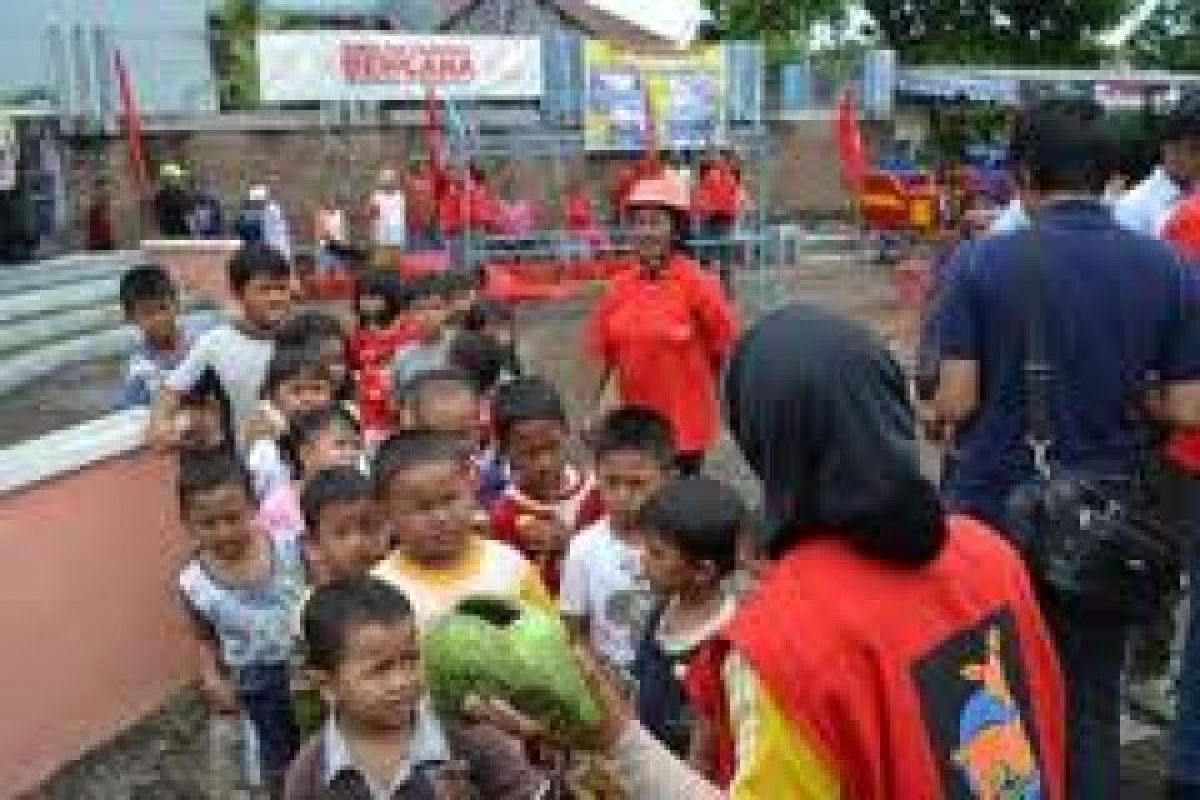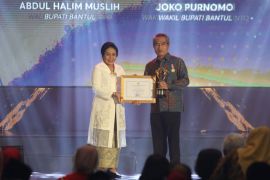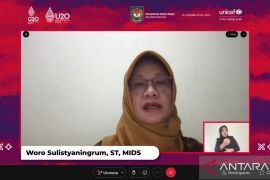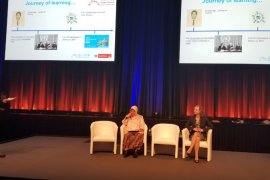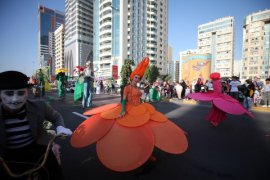"This year, there will be 32 more."Yogyakarta (ANTARA News) - The Yogyakarta city administration has set a target to have 46 child friendly kampongs in 2013 to help promote Yogyakarta as a child friendly city.
"Now Yogyakarta has already had 14 child friendly kampongs prepared in 2011 and 2012. This year, there will be 32 more," Lucy Irawati, the head of the Yogyakarta office for the empowerment of women and community, said here on Tuesday.
She explained that a child friendly kampong is a kampong that is able to meet children`s rights to grow and develop.
In 2011, the city declared Kampong Badran (Jetis Subdistrict), and Kampong Sudagaran (Umbulharjo) as child friendly. In 2012, 12 child friendly kampongs were set up.
The local administration has provided Rp20 million for each kampong to build facilities for children.
The Yogyakarta administration has established cooperation with Sweden to prepare programs and policies for the establishment of child friendly kampongs and city in accordance with the international standard.
According to last year`s data, around 30 percent or 83 million of Indonesia`s total population of 245 million people are children.
At the national level, the government plans to develop 100 child-friendly districts/cities by 2014, according to Minister of Women Empowerment and Child Protection, Linda Amalia Sari Gumelar.
"Until 2012, the Ministry of Women Empowerment and Child Protection has facilitated 60 districts/cities as being child-friendly," the minister said in early October 2012.
The Indonesian government submitted ratified documents on two optional protocols for the protection of children to the United Nations in September 2012.
According to UNICEF (United Nations Children`s Funds), a child friendly city is a city, or more generally a system of local governance committed to fulfilling children`s rights, including their right to influence decisions about their city; to express their opinion on the city they want; to participate in family, community and social life; to receive basic services such as health care and education; to drink safe water and have access to proper sanitation; and to be protected from exploitation, violence and abuse.
(Uu.E013/F001/B003)
Editor: Priyambodo RH
Copyright © ANTARA 2013
